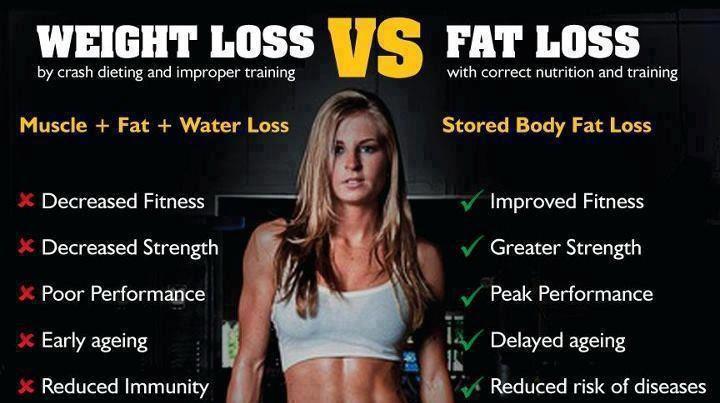Fats Make Us Fat, Right? Well, Not Quite So!

There’s an epidemic lately (and when I say lately I mean the past years). It’s serious and it’s affecting the lives of millions.
I am talking about the strong belief that we all seem to have that fats are inherently bad for us. Fats make us fat, right? Well, not quite so.
What Do Fats Do?
Our body in fact needs fats to stay active. They help us absorb vitamins A, D, and E, and they are vital for our nervous system. Not only that, but some studies suggest that women who eat a Mediterranean diet filled with healthy monounsaturated fat lower their risk of heart disease by 29 percent.
So what’s the doctor’s opinion on this? Not so surprisingly, 25 to 30 percent of our daily calories should come from fat to make sure we “function properly”. The key to eating fat and staying healthy, and not getting chubby, is to pick good-for-you fats, and limit the bad kinds.
What’s A Good Fat, And What’s A Bad Fat?
The good fats are unsaturated fats, and they are of 2 varieties: monounsaturated (MUFA) and polyunsaturated. Amongst their many benefits there are these:
- they raise good HDL cholesterol;
- they lower bad LDL cholesterol;
- help our arteries not develop plaque;
- the omega 3 in polyunsaturated fats, in small quantities, helps keep the eyes and skin healthy, and also improve your brain function and immune system.
You can get MUFA’s from olives and olive oil, canola oil, almonds, cashew, peanuts and peanut butter (that’s right, peanut butter can help you lose weight!), sesame seeds and avocado. Polyunsaturated fats are found in fish like salmon, mackerel, and herring, as well as canola oil, flaxseed, walnuts, and tofu. Omega-6s are in corn and safflower oil, corn-fed chicken and beef, and farmed fish.
So How Come Fat Fights Out Body Fat?
It’s a little complicated how the body works with fats (ask all keto-ers out there), but the long story short is this.
First of all, for those who don’t want a low-carb diet, fats themselves help curb your appetite. While they are high in calories, they fill you up very quickly, and since they’re not digested as fast as carbs, they keep you full for longer.
Second of all, once you go low-carb, you will be eating mainly protein and fats. The fact that there isn’t a shortage supply of fats in your body, combined with the lack of carbs, tells your body that it’s OK to use up the fat reserve that we have in that lovely layer under our skin in order to fuel itself. Normally the bosy uses carbs for fuel first, but when there are no carbohydrates, fat is next, and having a steady supply means the body will not go for the muscle-building protein when it’s looking for an energy source.
If you want a few ideas of how to reduce carbs and raise your fat levels, remember you can still get a free book with Keto Recipes if you subscribe to our newsletter, so be sure to subscribe and comment on this post telling us your favorite way of adding healthy fats to your diet!